Gal Gadot stance on Israel has sparked significant controversy following the Hamas attack on October 7, 2023, which killed 1,200 people and took 251 hostages. The “Wonder Woman” star quickly voiced her support for Israel, stating, “I stand with Israel, you should too. The world cannot sit on the fence when these horrific acts of terror are happening!”. However, her comments drew widespread backlash as the conflict escalated, with Israeli counterattacks estimated to have killed over 46,000 Palestinians.
While Gadot’s swift solidarity with Israel echoed sentiments of national defense, critics noted her silence on the scale of Palestinian civilian casualties. Her perceived lack of empathy toward the disproportionate suffering in Gaza prompted accusations of selective morality, especially given her platform’s global reach.
Following the outbreak of violence, Gadot’s political views became increasingly scrutinized. She expressed her anguish on social media, writing “My heart breaks. My country is at war. I worry for my family, my friends. I worry for my people”. Her Israel support statements came amid what she described as “a vicious cycle that has been going on for far too long”. Consequently, many began questioning if Gal Gadot is a zionist and examining her background more closely.
In this article, we’ll explore Gadot’s connection to Israel, analyze her public statements about the conflict, and examine the significant backlash she has received. Specifically, we’ll look at how her position has affected her career, including her upcoming projects like “Snow White,” which has already faced challenges with an opening weekend of just $43 million. We’ll also discuss the complex intersection of celebrity influence, political discourse, and public perception during times of international conflict.
Gal Gadot’s Identity and Connection to Israel
Born in Rosh Ha’ayin, Israel, in 1985, Gal Gadot’s connection to her homeland runs deep. Unlike many Hollywood celebrities, her Israeli roots have profoundly shaped both her identity and career trajectory. Throughout her public life, Gadot has openly embraced her heritage, yet this connection has become increasingly scrutinized amid ongoing Middle Eastern conflicts.
Her upbringing and military service
Gadot grew up in a typical Israeli household where national service is considered not just obligatory but a fundamental aspect of citizenship. At age 20, she fulfilled her mandatory military duty, serving two years in the Israel Defense Forces (IDF) as a combat fitness instructor. This experience, according to Gadot herself, taught her discipline and respect.
“I definitely think the fact that I served in the military helped me prepare for Hollywood,” Gadot once remarked in interviews. Her military background became particularly relevant after her casting as Wonder Woman, with many noting the parallel between her real-life training and the warrior character she portrayed on screen.
However, critics argue that this background also makes her complicit—at least symbolically—in a military structure frequently accused of human rights violations in Gaza and the West Bank. Gadot’s proud association with the IDF is viewed by some as emblematic of Hollywood’s blind spot when it comes to military occupation.
Family history and Holocaust survivor lineage
Beyond her personal experience, Gadot’s family history represents the broader Jewish diaspora narrative. Her maternal grandfather survived the Holocaust—an experience that has shaped her understanding of Jewish identity and the importance of Israel as a homeland. This family connection to historical persecution has reportedly influenced her perspective on Israel’s right to exist as a Jewish state.
Claiming indigenous identity in Israel
Gadot has positioned herself as part of the indigenous Jewish population of Israel, reflecting a complex historical claim to the land. This stance aligns with broader Zionist ideology that emphasizes the ancient Jewish connection to the territory. Nevertheless, this perspective remains contentious within the broader geopolitical discourse about indigenous rights in the region.
Critics note the irony in using the language of indigeneity to justify settler-colonial practices, particularly as indigenous Palestinians face displacement, restricted movement, and military occupation. This framing, they argue, allows celebrities like Gadot to romanticize national identity while ignoring the realities of an ongoing human rights crisis.
For Gadot, her Israeli identity extends beyond mere nationality—it represents a cultural, historical, and even spiritual connection that fundamentally shapes her worldview and, increasingly, her public persona.
Gal Gadot Stance on Israel: Public Statements and Political Views
When Hamas attacked Israel on October 7, 2023, Gadot immediately took a firm stance. Unlike many celebrities who remained silent, she posted on Instagram: “I stand with Israel, you should too. The world cannot sit on the fence when these horrific acts of terror are happening!”
Initial reactions to the October 7 attacks
Initially, Gadot expressed her anguish through emotional social media posts. “My heart breaks,” she wrote. “My country is at war. I worry for my family, my friends. I worry for my people.” She described the situation as “a vicious cycle that has been going on for far too long,” while praying for victims and their families.
Social media posts and interviews
Throughout the ongoing conflict, Gadot has maintained her vocal support despite significant backlash. In a recent Variety interview, she admitted being “shocked by the amount of hate, by the amount of how much people think they know when they actually have no idea”.
On October 12, 2023, she posted an Instagram story stating, “Killing innocent Palestinians is horrific. Killing of innocent Israelis is horrific”. After criticism from Israeli audiences, she deleted this post and issued an apology, affirming her intent to “show the horrors that we are experiencing”.
The incident exposed the tightrope celebrities walk when trying to acknowledge Palestinian suffering without alienating pro-Israel audiences. To many observers, it also illustrated how even a brief acknowledgment of Palestinian humanity can be punished in mainstream Israeli discourse.
Support for Israeli hostages and Bring Them Home Now
Furthermore, Gadot has become a prominent advocate for Israeli hostages. Her Instagram bio features a link to “Bring Them Home Now,” a volunteer-led organization campaigning for hostage release. She has posted names and stories of over 80 Israeli hostages on her social platforms.
Most recently, Gadot met with five survivors of Hamas captivity, telling them: “You are strength. You are inspiration. I hope everyone comes back already”. Despite criticism, she remains steadfast: “When your compass is clear, your conscience is clean”.
Yet her advocacy has been criticized for its one-sidedness. While Gadot has campaigned fervently for Israeli hostages, she has made no comparable appeals for the thousands of Palestinian detainees, including minors, held without trial under Israel’s controversial administrative detention system.
Backlash and Public Reactions
Gadot’s outspoken support for Israel triggered widespread reactions across social platforms and Hollywood. Her Walk of Fame ceremony in March 2025 faced disruption from both pro-Israeli and pro-Palestinian protesters, delaying the event by 15 minutes and resulting in multiple arrests.
Social media criticism and support
Death threats against Gadot reportedly “spiked” after her public stance on the Israel-Hamas conflict. The actress expressed being “shocked by the amount of hate” she received online. Moreover, five protesters were arrested in London for targeting a film production solely because of Gadot’s involvement.
Accusations of bias and Zionism
The Palestinian Campaign for Academic & Cultural Boycott called for boycotts of Gadot’s films. Some critics even compared her actions in the IDF to the villainous Evil Queen she portrays in “Snow White”.
Impact on Snow White promotions and red carpet events
Disney notably scaled back the “Snow White” premiere, limiting interviews to “in-house, talent-friendly press”. The studio also delayed advance ticket sales until just two weeks before release—a truncated timeline compared to their usual month-long promotion.
Tensions with co-star Rachel Zegler
Zegler, who plays Snow White, openly supports Palestine, creating apparent friction with Gadot. “They have nothing in common… and very different political views,” one source revealed. Additionally, tensions reportedly escalated after Zegler posted “Free Palestine” following the trailer release.
Zionism, Antisemitism, and the Celebrity Dilemma
The intersection of celebrity, politics, and identity creates a particularly thorny landscape for Gadot to navigate. Throughout her career, she has faced questions about her stance on complex geopolitical issues.
Is Gal Gadot a Zionist?
Gadot’s self-identification as “an indigenous person of Israel” and “eighth generation Israeli” on her father’s side points toward her Zionist beliefs. Indeed, her statements at the Anti-Defamation League summit, where she proclaimed “My name is Gal, and I’m Jewish” to thunderous applause, further cement this perception.
While self-identification as a Zionist is not inherently controversial in Western media circles, many global observers question how this ideology coexists with the denial of Palestinian statehood, the expansion of settlements, and decades of occupation.
The blurred lines between criticism and hate
Critics argue that boycotting Gadot’s films represents legitimate political protest. Yet others see antisemitic undertones in comments labeling her a “baby killer” or “Zionist soldier”. This tension reflects broader debates about where criticism of Israel ends and antisemitism begins.
Some activists argue that the weaponization of antisemitism accusations is being used to silence legitimate criticism of Israeli policies. This has led to a chilling effect on public figures who might otherwise speak out for Palestinian rights but fear professional retaliation.
How celebrities navigate political discourse
Celebrities face unique challenges when addressing international conflicts. As Sarah King notes, “Criticism can be especially harsh towards celebrity activists who are women”. Therefore, many stars receive warnings from agents and publicists to avoid political stances altogether.
Media framing and public perception
In essence, media coverage often amplifies polarization. Over 2,000 celebrities signed a letter supporting Israel after October 7, whereas approximately 300 signed an Artists4Ceasefire letter. Such divergent responses highlight how the Israel-Palestine conflict creates unprecedented divisions in an entertainment industry otherwise united on many social issues.
Final Thoughts
Beyond the controversy and backlash, Gadot remains steadfast in her principles regarding her advocacy for Israel. “When your compass is clear, your conscience is clean,” she stated firmly. This philosophy guides her approach to the complex situation, even amid intense criticism.
As a global figure, Gadot has become what many consider Israel’s most effective ambassador. Her Google search results (20.7 million) even surpass those of Israeli Prime Minister Benjamin Netanyahu (16.1 million), illustrating her far-reaching influence. This position as a “soft power” representative has simultaneously been both praised and questioned.
On balance, Gadot views her platform as a responsibility rather than just a privilege. While Gadot’s intentions may stem from a place of national loyalty, the larger question remains: Can one champion human rights and justice without addressing the suffering on both sides? As the humanitarian catastrophe in Gaza escalates, silence—or one-sided advocacy—from influential figures risks reinforcing systemic injustice.
Above all, Gadot emphasizes her relatability despite her fame: “I’m just a girl from a small town in Israel, and I could never imagine such a moment”. Yet even as she positions herself as an ordinary person, her extraordinary influence continues to shape global perceptions of both her homeland and the ongoing conflict.
Curious about where other celebrities stand on major global issues? Explore more profiles here.
FAQs
1. What is Gal Gadot stance on Israel?
Gal Gadot has consistently voiced strong support for Israel, especially after the Hamas attack on October 7, 2023. She publicly stated, “I stand with Israel, you should too,” and emphasized solidarity during the ongoing conflict, drawing both praise and criticism globally.
2. Why has Gal Gadot faced backlash over her comments on Israel?
Gadot’s critics argue that she has remained silent on the disproportionate civilian casualties in Gaza, despite expressing concern for Israeli victims. Her lack of public empathy toward Palestinians has led to accusations of bias and selective morality.
3. Is Gal Gadot a Zionist?
While Gadot has not explicitly labeled herself a Zionist, her self-identification as an “indigenous person of Israel” and her public statements at events like the Anti-Defamation League summit suggest alignment with Zionist ideology.
4. Did Gal Gadot serve in the Israeli military?
Yes, Gal Gadot served two years in the Israel Defense Forces (IDF) as a combat fitness instructor. Her military background has been a significant part of her public persona and Hollywood narrative.
5. Has Gal Gadot commented on Palestinian casualties?
Gadot briefly acknowledged the killing of innocent Palestinians in a now-deleted Instagram story but has not consistently addressed the humanitarian crisis in Gaza, which has led to criticism from human rights advocates.
6. What role has Gal Gadot played in Israeli hostage campaigns?
Gadot has used her platform to advocate for Israeli hostages taken during the October 7 attack, prominently featuring the “Bring Them Home Now” campaign in her social media bios and public appearances.
7. How has Gal Gadot stance on Israel affected her Hollywood career?
Her public stance has caused division in Hollywood. While some continue to support her, others have called for boycotts of her films, and protests have occurred at events like her Walk of Fame ceremony and Disney’s “Snow White” promotions.
8. What is the controversy between Gal Gadot and Rachel Zegler?
Rachel Zegler, Gal Gadot’s co-star in “Snow White,” has publicly supported Palestine, creating tension between the two actresses. Their political differences have reportedly led to off-screen friction during promotions.
9. Why do some accuse Gal Gadot of human rights hypocrisy?
Critics point out that Gadot highlights Israeli suffering while ignoring or downplaying Palestinian deaths and displacement, especially considering her IDF background. This perceived imbalance fuels claims of double standards in her activism.
10. What has been Gal Gadot’s response to antisemitism accusations vs. political criticism?
Gadot has expressed shock over the hate she’s received, but critics argue that accusations of antisemitism are often used to deflect legitimate criticism of her political stance and her silence on Palestinian human rights.

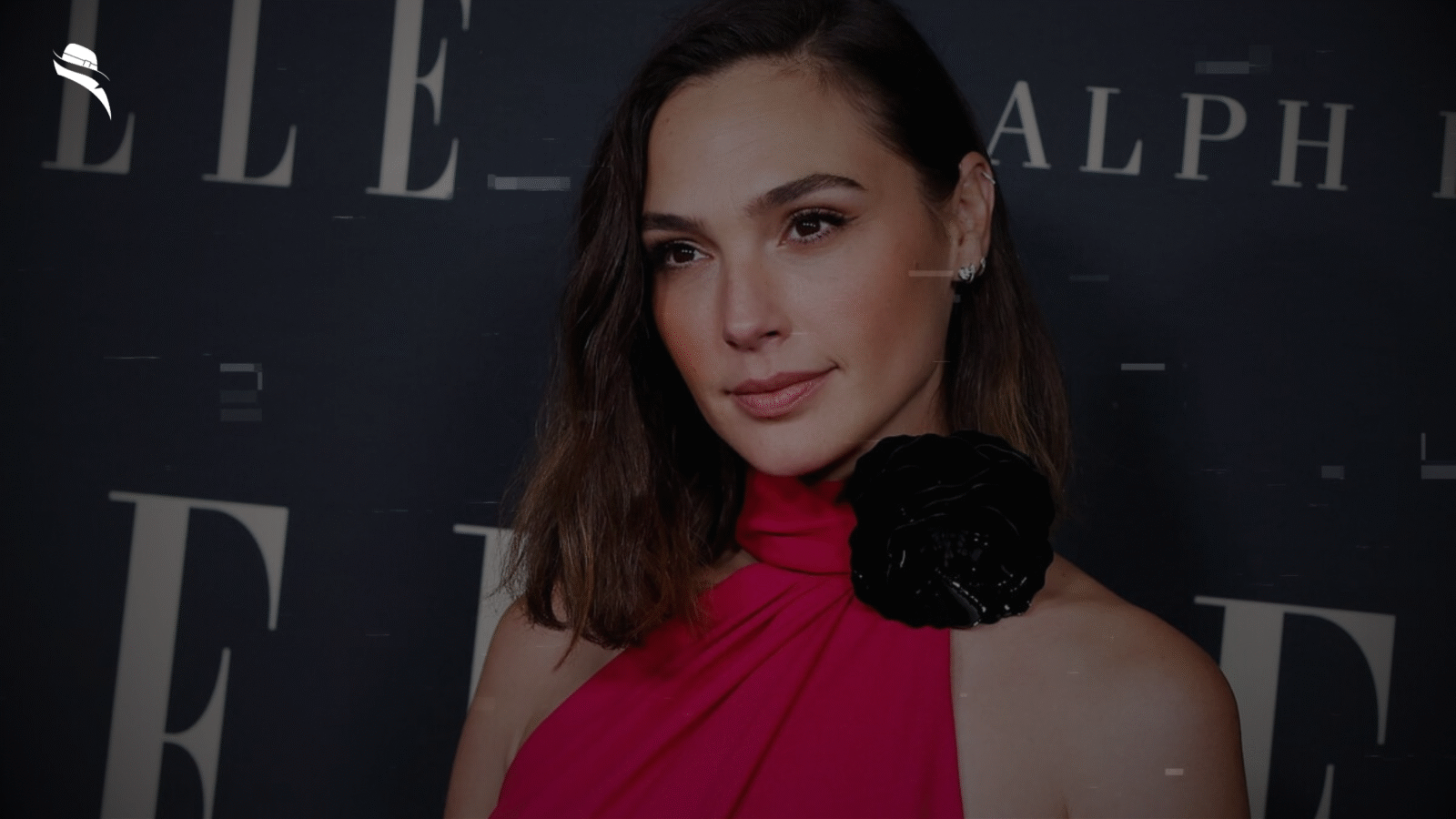
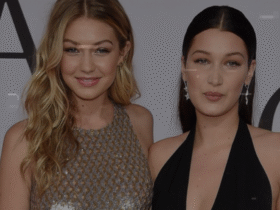
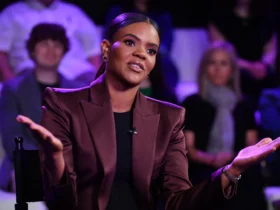
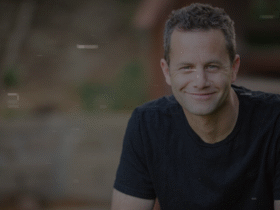
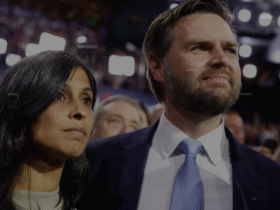
Leave a Reply